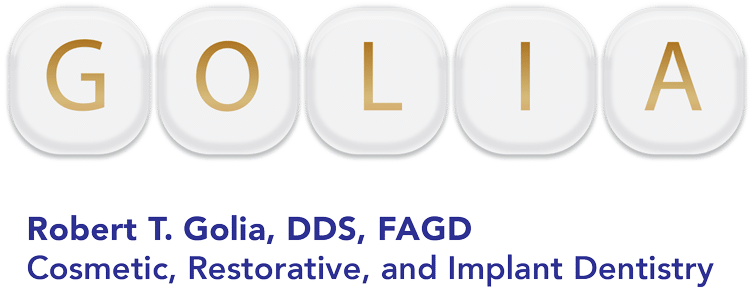In today’s fast-paced world, many of us overlook subtle signs our bodies send us about potential health issues. If you’re experiencing jaw pain or discomfort, it might be time to explore whether you have a Temporomandibular Joint (TMJ) disorder. For dental patients and those suffering from TMJ, understanding this condition is crucial.
What is TMJ?
The temporomandibular joint, commonly known as the TMJ, connects your jawbone to your skull. It plays a vital role in essential activities such as chewing, talking, and yawning. A healthy TMJ allows smooth movement, but when issues arise, it can lead to significant discomfort.
The symptoms of TMJ disorder can vary from mild to severe. Common signs include jaw pain, difficulty chewing, a clicking or popping sound when moving the jaw, and even frequent headaches. If you’re experiencing any of these symptoms, it’s important to seek professional advice to determine if TMJ disorder is the cause.
Causes of TMJ
Understanding the root causes of TMJ disorders can help in addressing the issue effectively. Various physical, emotional, and environmental factors contribute to this condition. Physical factors include jaw injuries or arthritis, while emotional stress can lead to muscle tension in the jaw.
Bruxism, or teeth grinding, is another common cause linked to TMJ disorders. Grinding your teeth, often unconsciously during sleep, puts immense pressure on the jaw joint. This repetitive action can exacerbate TMJ symptoms, leading to further discomfort.
Diagnosing TMJ
If you suspect you have TMJ disorder, a visit to the dentist is the first step. Dentists use a combination of patient history, physical examinations, and diagnostic tests to diagnose TMJ. They may check your jaw’s range of motion, listen for jaw clicks, or take X-rays to get a clearer picture.
Common tests include MRI or CT scans, which provide detailed images of the TMJ and surrounding areas. These diagnostic tools help dentists rule out other conditions and confirm the presence of TMJ disorder.
Treating TMJ
The good news is that there are several treatment options available for TMJ disorders. Non-invasive treatments are often the first line of defense. These may include physical therapy, stress management techniques, or the use of mouthguards to prevent teeth grinding.
For severe cases that don’t respond to conservative treatments, surgical interventions may be considered. Procedures like arthroscopy or open-joint surgery can help address structural issues within the joint. However, these options are typically reserved for persistent, debilitating cases.
Lifestyle changes can also play a significant role in managing TMJ symptoms. Maintaining a soft diet, practicing relaxation techniques, and avoiding extreme jaw movements can aid in alleviating discomfort and preventing further damage.
Living with TMJ
Living with TMJ doesn’t have to be a constant struggle. Developing coping strategies can make daily life more manageable. Incorporating gentle jaw exercises into your routine, practicing good posture, and being mindful of stress levels are all effective ways to live harmoniously with TMJ.
Regular follow-up care and dental visits are essential for monitoring your condition. Your dentist can provide ongoing support, adjust treatment plans if needed, and ensure that your TMJ disorder is kept in check.
Frequently Asked Questions About TMJ
What’s the difference between TMJ and TMD?
TMJ refers to the temporomandibular joint itself, while TMD (temporomandibular disorder) encompasses disorders related to this joint. TMJ disorder is a type of TMD.
Can stress cause TMJ disorders?
Yes, stress can contribute to TMJ disorders by causing muscle tension and clenching of the jaw. Managing stress through relaxation techniques can help alleviate symptoms.
Conclusion
Understanding TMJ disorders is the first step towards finding relief. By recognizing the symptoms, seeking proper diagnosis, and exploring treatment options, you can take control of your jaw health. Don’t hesitate to reach out to Golia Dental for guidance and support.If you think you may have TMJ, call 203-248-7400 or contact us to learn more and schedule an appointment.

